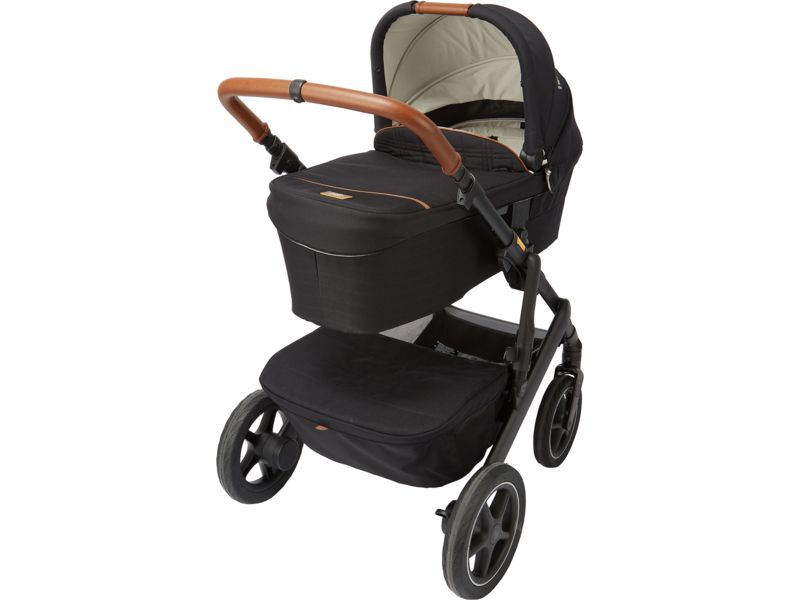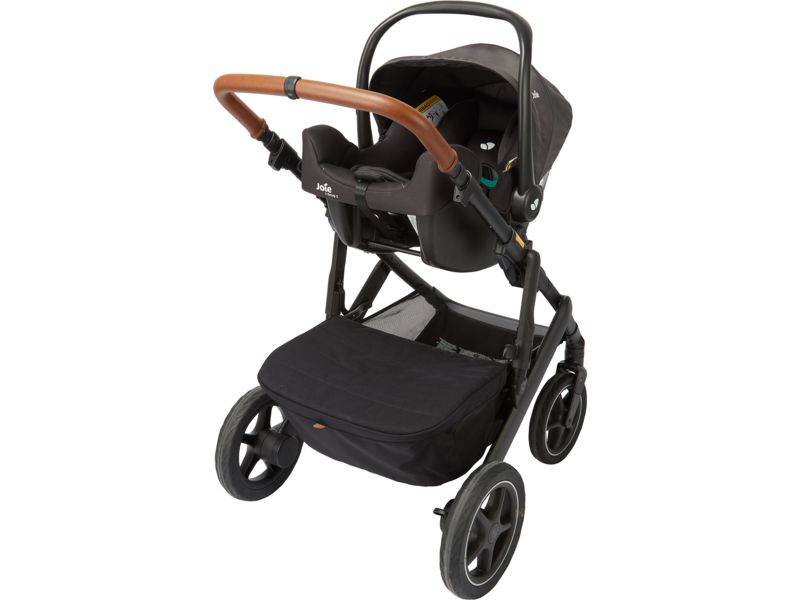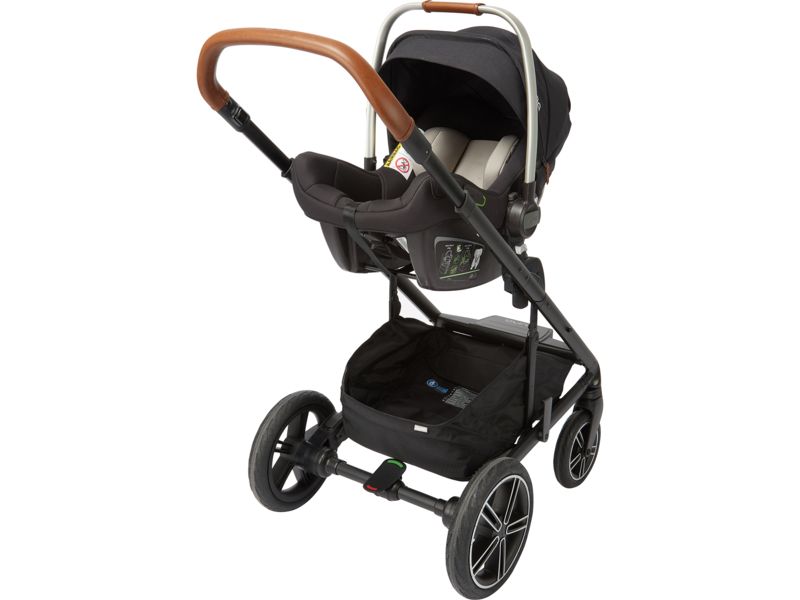Which? Don't Buy pushchairs

Don't put your baby at risk or waste your money on a terrible pushchair.
A Don't Buy pushchair might be so complicated to fold that you’ll need a degree in mechanics, be so heavy to push you may as well cancel your gym membership or even have an unsecure harnesses or ineffective braking system that makes it unsafe to use.
Our tough lab tests uncover the products which may let you down and highlight the pushchairs you should avoid.
The worst pushchairs, prams, buggies, strollers and travel systems
With a brand-new baby on the scene, life can be complicated enough without having to contend with a pushchair that’s a pain to use, an effort to push, or has a storage basket so small you can hardly get a set of spare clothes in there, let alone your change bag or a bottle of water.
Despite what the manufacturers proclaim, we don’t listen to marketing spiel or promotional buff. Instead, we take a look at the results of our extensive testing to decide if a pushchair is easy enough to use and safe enough to become a Best Buy. If it doesn’t go the distance through our tough testing programme, or we have serious doubts about its durability or safety, then it becomes a Don’t Buy.
Join Which? to find out which pushchairs we've named as Don't Buys.
How we uncover the best and worst pushchairs

We’ve been testing pushchairs for over 50 years. Our first reviews were published in July 1968 and since then we’ve compared the performance and scrutinised the features of hundreds of pushchairs.
Every single pushchair included on our site has to make it through an exhaustive array of safety, durability, stability and construction tests, which no other review site can match. These include tests for:
- Safety and durability. Each pushchair is subjected to a series of extensive tests according to the latest British Standards. These include checking for choking hazards and finger traps, and strapping each one, fully loaded, to a bumpy treadmill, then wheeling it over 200km – roughly the distance from London to Birmingham – to check the pushchair you buy is as safe for your baby as it can be. If we uncover anything to worry about, we’ll make it a Don’t Buy and alert the manufacturer about our concerns.
- Failing features. In the hunt for our top Best Buys, we’ve seen brakes that fail, wheels that collapse, handlebars that aren’t strong enough to be bumped up and down on a daily basis, chassis' that collapse, harnesses that release when they aren’t meant to, and bumper bars and hoods that could trap your little one’s fingers.
- Your baby's comfort. You buy a pushchair marketed from birth to 15 months or even up to 22kg, so you expect it to last until your child hits that milestone. Our pushchair experts scrutinise these claims, check the seats recline far enough to create a safe place for your newborn to sleep, and measure the seats to see if they’re big enough and will support your child from birth all the way up to when you won’t need to use a pushchair.
- Folding and unfolding. Many manufacturers claim that their pushchairs can be folded with one hand – the holy grail of pushchair folding. But our tests have uncovered some that forget to mention you need to remove the seat first, fold the hood down or do something else that actually requires the use of two hands beforehand. Nice try!
- Fitting into your life. Our parent testers and pushchair experts get hands-on with each pushchair, stroller and double buggy, navigating around our specially designed test course that replicates things you'll tackle on your daily route. These include negotiating gravelly car parks, uneven grass, and kerbs and tight corners. We also test out other factors, such as how easy it is to swap from pavements to grass, or how comfortable the handlebars, to uncover those problems you need to know before you buy.
Pushchair pram and stroller reviews you can trust
Models from the most popular pushchair brands are tested in the Which? lab, including Mamas and Papas, Bugaboo, iCandy, Maclaren, Quinny and Silver Cross, as well as some own-brand models from retailers such as John Lewis. We’ve discovered that even the most trustworthy names occasionally drop the ball.
We don’t just let you know about the worst pushchairs, we also celebrate the best pushchairs to consider instead. Those that are easy to use, simple to push and have a great range of features that will help new parents.
Which? is independent – we work for you, the consumer, so you can be sure that our product recommendations are influenced only by our test results. We're not influenced by third parties and we don't accept freebies from product manufacturers or retailers. We buy all the products that we test ourselves, so our advice helps you to make the right choice first time and avoid costly mistakes.
Join Which? to find out which pushchairs we've named as Don't Buys.


